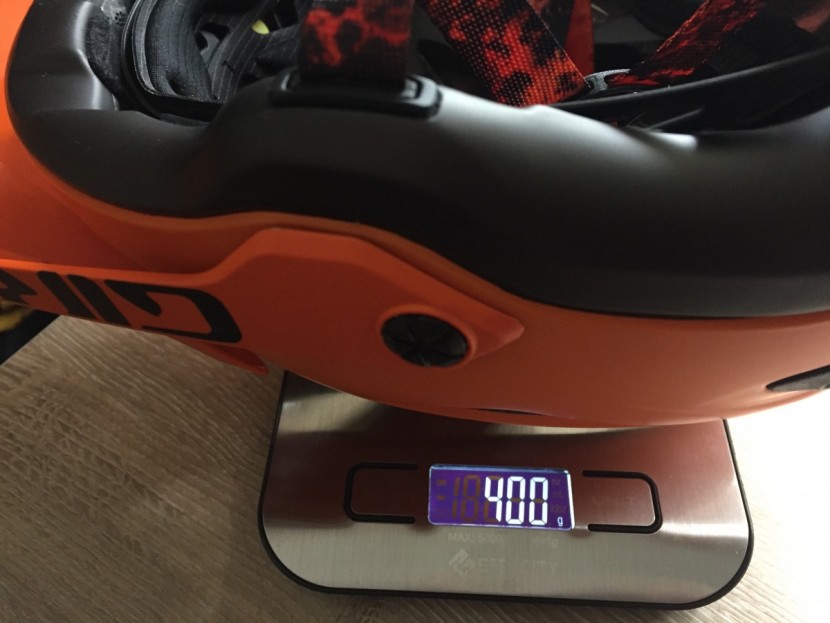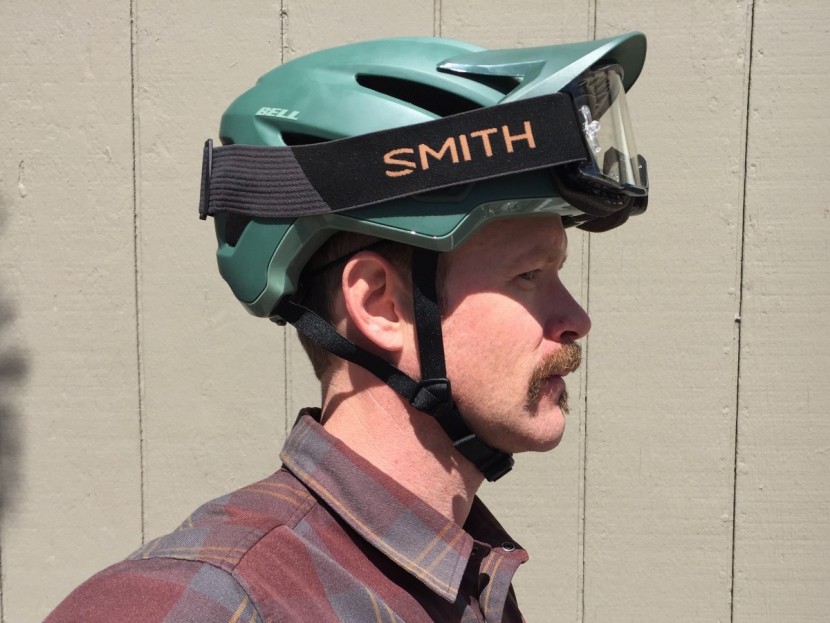Testing Process
Be sure to check out our article on How We Test Helmets, which offers a complete explanation of how we conduct our exhaustive testing process for any helmet here at GearLab.
Where We Tested
For our mountain bike helmets, we spent weeks in each model across a variety of rides. From arid deserts to the lush and tacky forests of the Pacific Northwest, we logged big days in every helmet to ensure our findings were accurate and exhaustive. While first impressions are important in many aspects of life, we made sure to give each model second and third chances before forming final scores.
How We Determined Final Scores
Each helmet was analyzed in 5 metrics: impact test, comfort, ventilation, useability, and weight. Impact testing was conducted at the renowned ACT Lab to help you make a more informed purchasing decision. Comfort was simply examined by spending hours and hours in each helmet across a variety of trails. Ventilation was also sized up by putting in a lot of mileage, though we also conducted a standardized circuit in each helmet. Useability was scored by investigating ease-of-use and features, while weight was simply calculated by putting each model on a scale and utilizing a ratings calculator.





